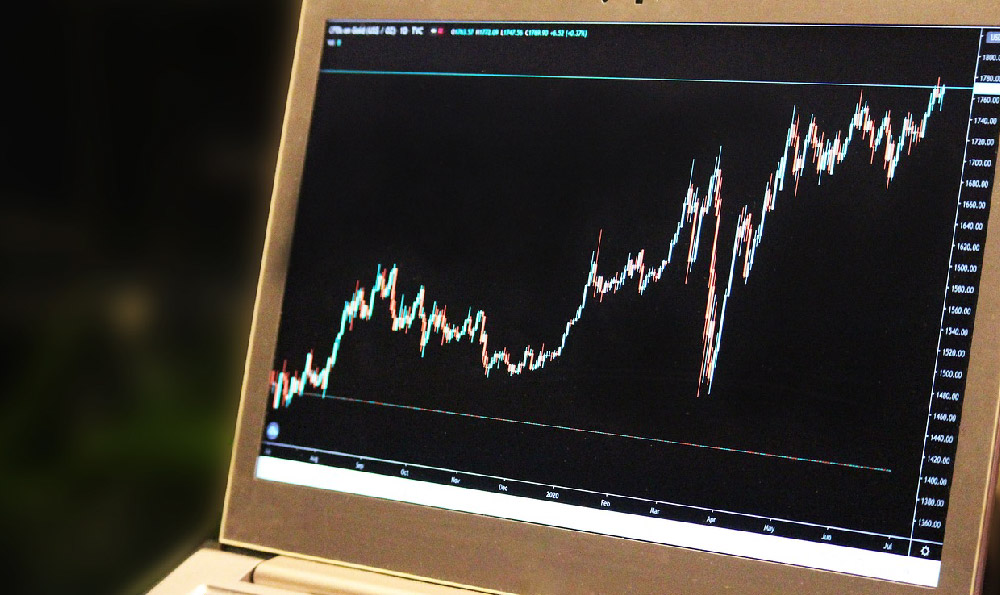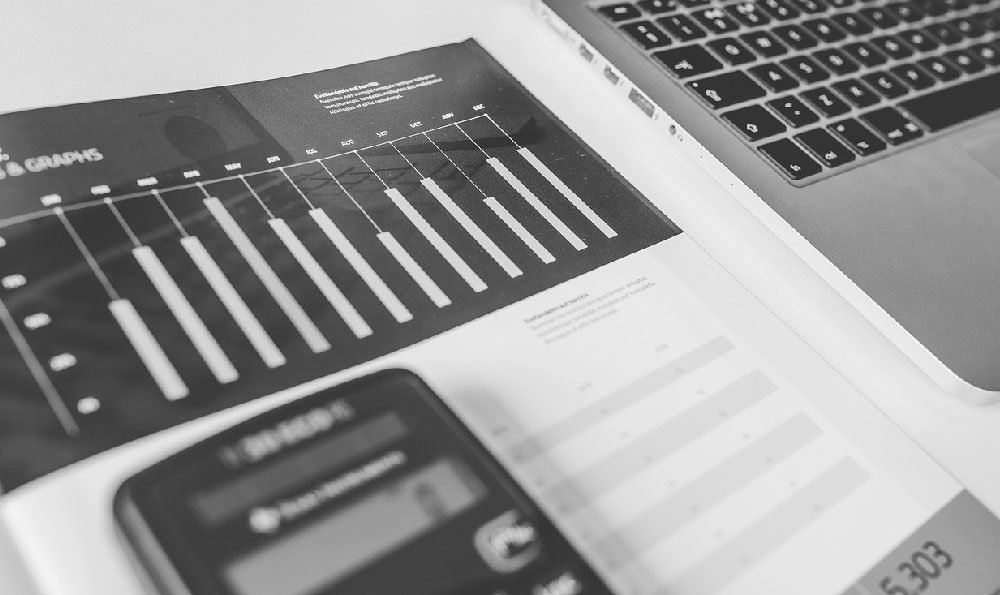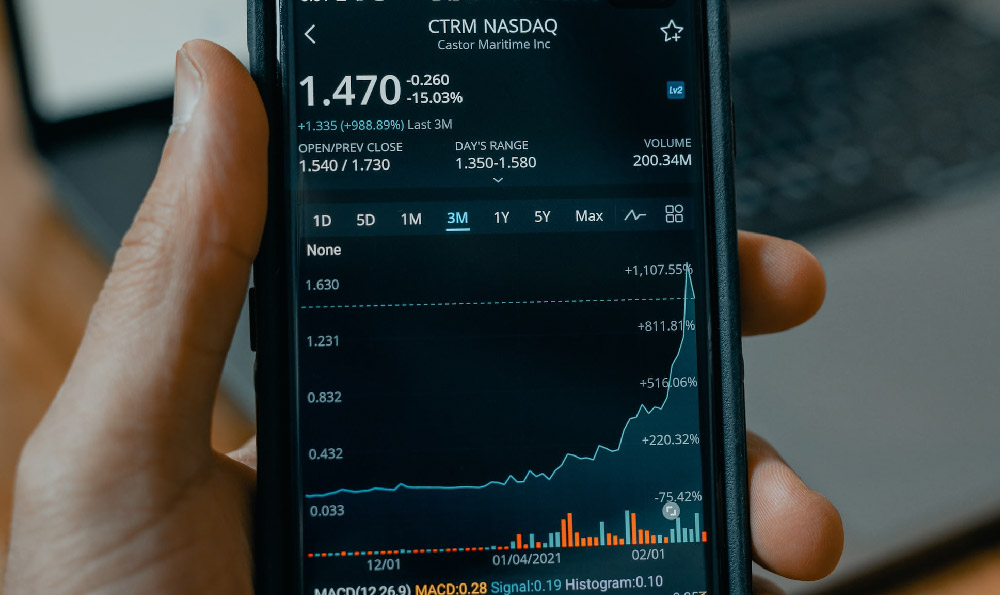Is Investing in the Russell 2000 Index Smart? How To Buy It? Let's dive in.
The Russell 2000 index, often referred to as the “small-cap index,” represents the performance of approximately 2,000 of the smallest publicly traded companies in the United States. These companies generally have lower market capitalizations compared to those in the S&P 500 or the Nasdaq 100. Investing in the Russell 2000 can be an attractive prospect for investors seeking higher growth potential and diversification benefits. But is it truly a smart move? What are the considerations, and how can one effectively buy into this index?
Understanding the Russell 2000: A Deep Dive

Before delving into whether investing in the Russell 2000 is a smart decision, it's crucial to grasp its characteristics. Small-cap companies, by nature, are often more volatile than their large-cap counterparts. This volatility stems from several factors: thinner trading volumes, greater susceptibility to economic fluctuations, and potentially less established business models.
However, this increased volatility also presents a unique opportunity for significant returns. Small-cap companies often have more room to grow compared to mature, large-cap corporations. They can experience rapid expansion as they capture market share and innovate within their respective industries. Think of companies like Netflix or Amazon in their early stages – they were once small-caps with immense growth potential.
Furthermore, small-cap stocks can offer diversification benefits. They often react differently to economic cycles and market conditions compared to large-cap stocks. This can help to reduce the overall risk of a portfolio, as declines in one asset class might be offset by gains in another.
Is Investing in the Russell 2000 "Smart"? Weighing the Pros and Cons
The question of whether investing in the Russell 2000 is "smart" isn't a simple yes or no. It largely depends on individual investment goals, risk tolerance, and investment horizon.
Potential Benefits:
- Higher Growth Potential: Small-cap companies have the potential to generate higher returns than large-cap companies, particularly during periods of economic expansion.
- Diversification: Investing in the Russell 2000 can diversify a portfolio beyond large-cap stocks, potentially reducing overall risk.
- Exposure to Emerging Industries: Small-cap companies are often at the forefront of innovation and new industries, offering exposure to cutting-edge technologies and business models.
- Domestic Focus: The Russell 2000 is heavily focused on domestic U.S. companies, making it potentially less susceptible to global economic headwinds compared to broader international indices.
Potential Risks:
- Higher Volatility: Small-cap stocks are inherently more volatile than large-cap stocks, leading to potentially larger swings in portfolio value.
- Liquidity Concerns: Some small-cap stocks can have lower trading volumes, making it more difficult to buy or sell shares quickly at desired prices.
- Sensitivity to Economic Downturns: Small-cap companies can be more vulnerable to economic downturns due to their limited resources and less established business models.
- Information Asymmetry: Information about small-cap companies can be less readily available compared to large-cap companies, making it more challenging to conduct thorough due diligence.
Ultimately, investing in the Russell 2000 can be a smart move for investors with a long-term investment horizon, a higher risk tolerance, and a desire for growth potential. However, it's crucial to be aware of the inherent risks and to conduct thorough research before investing.
How To Buy the Russell 2000 Index: Practical Steps
There are several ways to gain exposure to the Russell 2000 index:
- Exchange-Traded Funds (ETFs): The most common and accessible way is through ETFs. ETFs are investment funds that trade on stock exchanges, similar to individual stocks. They hold a basket of assets that are designed to track a specific index, such as the Russell 2000. Popular Russell 2000 ETFs include IWM (iShares Russell 2000 ETF) and VTWO (Vanguard Russell 2000 ETF). When choosing an ETF, consider factors such as the expense ratio (the annual fee charged by the fund), trading volume, and tracking error (how closely the ETF follows the underlying index).
- Mutual Funds: Mutual funds are another option, although they are generally less tax-efficient than ETFs and may have higher expense ratios. Look for mutual funds that specifically track the Russell 2000 index.
- Individual Stocks: While it's technically possible to buy individual stocks within the Russell 2000, it's generally not recommended for most investors. Managing a portfolio of 2,000 stocks would be extremely time-consuming and complex. Furthermore, the performance of individual stocks can deviate significantly from the overall index performance.
A Word of Caution: Avoiding Investment Traps
Before investing in the Russell 2000, or any other investment, it's essential to be aware of potential pitfalls:
- Chasing Performance: Don't invest solely based on past performance. Just because the Russell 2000 has performed well in the past doesn't guarantee it will continue to do so in the future.
- Ignoring Risk Tolerance: Be honest with yourself about your risk tolerance. If you are uncomfortable with volatility, the Russell 2000 may not be the right investment for you.
- Lack of Diversification: Don't put all your eggs in one basket. Even within the Russell 2000, diversification is important. Consider diversifying across different asset classes and geographic regions.
- High Fees: Pay attention to fees, such as expense ratios and trading commissions. High fees can erode your returns over time.
- Market Timing: Trying to time the market (buying low and selling high) is extremely difficult and often leads to poor investment decisions. Instead, focus on a long-term investment strategy and dollar-cost averaging (investing a fixed amount of money at regular intervals).
Conclusion: Informed Investing in the Russell 2000
Investing in the Russell 2000 can be a smart move for investors seeking higher growth potential and diversification benefits. However, it's crucial to understand the inherent risks associated with small-cap stocks and to conduct thorough research before investing. By carefully considering your investment goals, risk tolerance, and investment horizon, you can make an informed decision about whether the Russell 2000 is the right fit for your portfolio. Remember to prioritize diversification, avoid common investment traps, and focus on a long-term investment strategy to maximize your chances of success.












